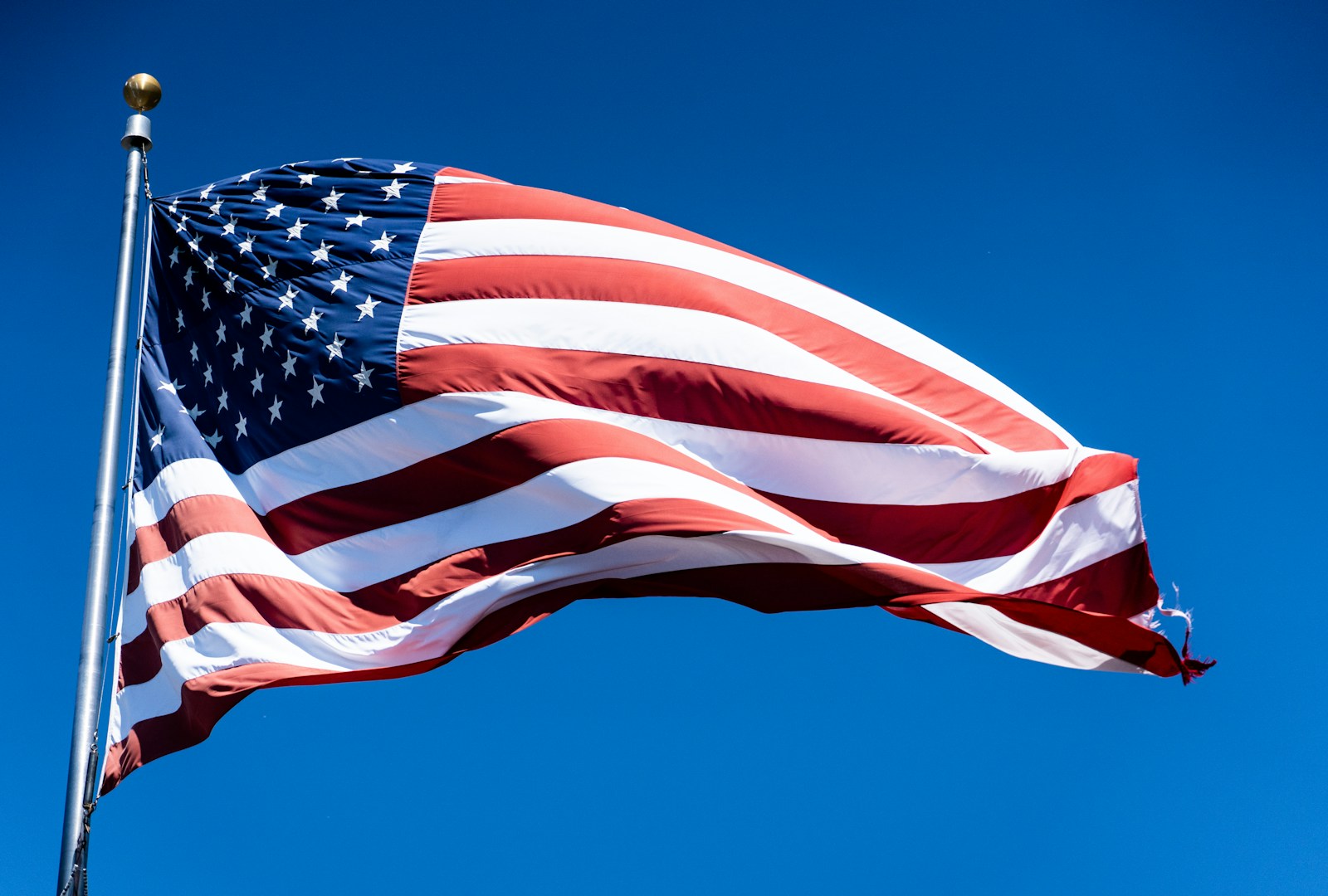Key Takeaways:
- Charlie Kirk was shot and killed during a live event at Utah Valley University.
- The shooting happened during one of his “Prove Me Wrong” speaking events.
- The suspect has not been caught, and police are still investigating.
- People from both sides of politics condemned the act of political violence.
- The tragedy sparked debates about gun rights and political division in America.
What Happened in Orem, Utah?
Charlie Kirk, the founder of Turning Point USA, was shot and killed on Wednesday during a live event at Utah Valley University. The shocking incident has drawn national attention and reignited serious conversations about political violence in the United States.
Kirk, who was known for his strong conservative views, was speaking as part of his “Prove Me Wrong” campus tour. These events often involve heated debates with college students about political topics. During the question-and-answer portion, an unknown suspect pulled a gun and shot Kirk in the neck. He died shortly after being rushed to a nearby hospital.
Authorities have not yet arrested the shooter. Right now, investigators are trying to gather video evidence and eyewitness statements. Many believe it could take time before someone is brought to justice.
The incident has left the country in shock. It’s a grim reminder that political violence can happen at any time — even in places meant for peaceful discussion.
What Is Political Violence?
Political violence happens when people use force or harm to push their beliefs or silence others. It can take many forms, including threats, assaults, or even murder. This incident has led many to ask the same question: Is political violence becoming more common?
The shooting of Charlie Kirk isn’t the first time political violence has made headlines in the U.S. From protests to clashes at political rallies, there seems to be a growing sense of anger and division.
In fact, some experts say American politics is more emotionally charged today than in past decades. People feel more strongly aligned with their ideology and more aggressive toward those they disagree with.
How Both Sides Reacted
Right after the news broke, leaders from both conservative and liberal sides expressed shock and sympathy. Many called Kirk’s death a tragic loss of life, regardless of their disagreements with his ideas.
Leaders from the Republican Party demanded justice and a full investigation. They praised Kirk for standing up for what he believed in, even when it made him unpopular.
Liberal voices also condemned the act. Some stressed that nobody, no matter their political beliefs, should be harmed or killed for speaking publicly. Others pointed to the need for reducing the level of hate in political discussions.
However, not everyone stayed focused on sympathy. Some critics on the left recalled Kirk’s strong pro-gun stance throughout his career. They commented on the irony that he was killed by gun violence — a cause he often downplayed.
The comments sparked another wave of debate online. While some viewed them as distasteful, others saw them as raising points about America’s gun culture and how it connects to real-world outcomes.
Why Does This Matter Now?
The death of Charlie Kirk matters not just because he was a public figure, but because it shows how unsafe public speech can become. Universities, town halls, and debate stages should be places for ideas, not violence.
This shooting has amplified concerns about how deadly words can become in deeply divided communities. More Americans are asking whether the rise in political violence is a symptom of something larger and more dangerous.
Unfortunately, this tragic story seems to follow a trend. Over the past few years, angry confrontations at school board meetings, election offices, and protests have skyrocketed. People are losing trust in dialogue and are turning instead to action — sometimes deadly ones.
Gun control supporters highlight this as a reason for stricter laws. Meanwhile, gun rights advocates remind people that most gun owners are responsible citizens. And so, like always, the conversation swings between safety and freedom.
Where Do We Go from Here?
It’s clear that political violence is becoming a more frequent concern in American life — and something has to change.
First, more focus is needed on improving political conversations. When debates turn into shouting matches, fear, and anger take over. Schools, universities, and communities must promote healthy disagreement instead of warlike politics.
Second, public events need better safety measures. This doesn’t mean closing off discussions, but adding trained security and setting clear rules for behavior.
Finally, we can’t ignore the role of online spaces. Social media often makes people feel bolder and meaner than they would be in real life. It’s time to think about how platforms can do better in stopping threats before they become reality.
In times like this, holding tight to our shared humanity matters. We can disagree about taxes, healthcare, or the economy — but violence should never be part of the answer.
Conclusion: Is This the Wake-Up Call America Needs?
The murder of Charlie Kirk reminds us that beliefs, no matter how strong, don’t justify violence. There are peaceful ways to discuss, protest, and disagree. As the country mourns, we also face a choice: Will we let politics continue to divide us with hate? Or will we learn to listen again?
Either way, one thing is clear — political violence must not become a new normal.
FAQs
What is political violence?
Political violence is when people use threats, harm, or deadly force to control or silence others based on politics.
Why did someone shoot Charlie Kirk?
The motive is not yet known, and police are still investigating. No suspect has been caught as of now.
Was Charlie Kirk controversial?
Yes, many people disagreed with his conservative views. He often spoke boldly about gun rights, immigration, and college politics.
How are people reacting to this incident?
Most leaders and citizens are shocked and saddened. Both liberals and conservatives have condemned the violence and stressed the need for safer political conversations.
